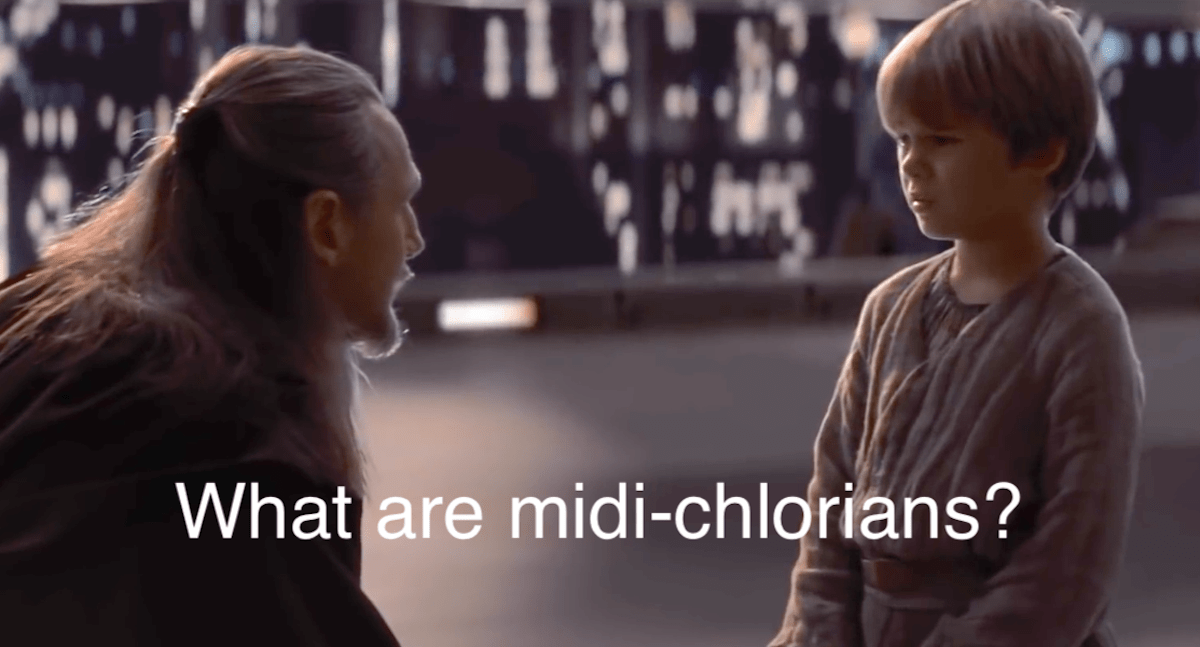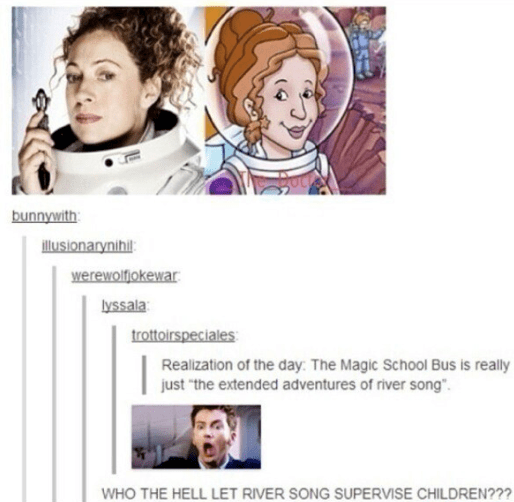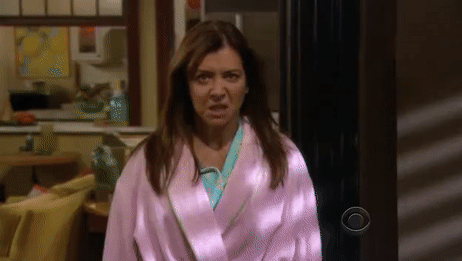What Do You—or DON’T You—Consider Canon in Your Favorite Stories?


As fic writers well know, what is “canon” in a fictional story is largely up to interpretation. After all, plenty of stories that are generally thought of as one, cohesive, indelible narrative have seen contributions from multiple creators, so who’s to really have the final word on what’s canon and what’s not? For legal purposes, it’s ultimately whoever holds the rights, but the laws of humans have no sway over our headcanons, and why would we want it any other way?
There are so many complicating factors. Are the Harry Potter movies canon, or is it the books? They’re both canon to themselves, in that they respect their own history and facts (for the most part—let’s not get into time travel shenanigans), but not to each other, although it’s pretty common for book-savvy viewers of movie adaptations, both Harry Potter and beyond, to fill in information gaps with their outside knowledge. Both Marvel and DC comics tend to throw an extra wrench into things by diving full-on into the concept of a multiverse, with pretty much anything possibly being canon as long as the right universe can be found.
And what about continuations beyond an original story? The new Star Wars trilogy considers all the Star Wars movies that came before it to be canon (as well as all the new books, comics, and what-have-you, by high decree of Disney), but does that mean the new movies are also canon to the original trilogy, or does the real-world knowledge that they were tacked on much later make that a one-way street? … What about the prequel trilogy? *Ducks.*
Each story’s creator would surely be able to tell you what they considered to be canon at the time, but why should that inform how we perceive things any further than it’s useful in understanding the choices they made and the internal logic of the story? And if our headcanons don’t break that logic, then why not run with them?
We’ve all got our favorites. Personally, I wholeheartedly believe that Ms. Frizzle of The Magic Schoolbus is actually Time Lord River Song of Doctor Who, and the bus is her TARDIS. Furthermore, her students absolutely grow up to be the Planeteers of Captain Planet, and you cannot convince me otherwise. Meanwhile, TMS staffer Princess Weekes tells me she firmly believes that Atlanta, Insecure, and Brooklyn Nine-Nine all take place in the same universe. Vivian sees everything Bryan Cranston is in as a shared universe. (BCU?)

(image: Tumblr screengrab)
And then there are the things that will always be our headcanon whether they happen or not, like Finn and Poe’s love in Star Wars and countless other non-heterosexual relationships—things that tend to upend the conversation on accepted canon and demand more than just unofficial hints and extratextual confirmations, as they well should.
But what I’m wondering is, in addition to things that we’d like to see added to “official” canon, which takes a lot more doing and generally requires support from those with the right to do that, is there anything that has been put forth as official canon that you refuse to acknowledge? In some cases—unless you’re talking individual scenes or chapters—that takes a lot less effort, since you don’t need anyone else’s permission not to watch or read something.
For example, as far as I’m concerned, Downton Abbey ends after the third season’s Christmas special, in which Matthew dies. I’ve seen the entire series afterward and will gladly watch the upcoming movie, but I can’t help viewing it all as just bonus material, rather than a part of the “real” story. This personal canon decision was mostly influenced by the real-world knowledge that Matthew only died because of actor Dan Stevens’s career decisions, and I just can’t convince myself that the storylines that grew out of that are genuine to the series up to that point.
Star Wars is another example of something for which I happily gobble up every new installment (the movies, anyway), but I don’t consider any of it to be “canon” in same way as the first three movies. I was already used to that even before the prequel trilogy came out, thanks the Expanded Universe’s relation to canon, so it felt natural to just go right along and watch the new material more out of curiosity than out of really feeling that it’s all part of the same story. And then there are more arbitrary ones, like ignoring everything that happened on The Office after the “Dinner Party” episode. That show went downhill long before Steve Carell left.
I’m not talking about things I just stopped watching. In fact, I still watched all the parts of those things that I’ve shut out, while I don’t watch Doctor Who anymore, but certainly consider everything that’s happened in my absence to be as much canon as anything else on that show. (And I might start up again with Jodie Whittaker’s arrival and the change of showrunners!) No, I’m talking about a very deliberate decision to delete parts of a story outright, as far as one’s own sense of that fictional reality is concerned—stuff that’s dead to you like you’re Alyson Hannigan in How I Met Your Mother.

The ending of which, coincidentally, got this treatment from many people. (image: CBS)
Fellow TMSer Marykate Jasper refuses to acknowledge Hydra Cap ever happened. Princess ignores the ending of Bleach, as well as the entirety of Avengers: Age of Ultron, “especially the Wonder Bread Twins,” and everything from Harry Potter and the Cursed Child that isn’t Scorpius Malfoy. Vivian has written off everything the X-Men movies did with Kitty Pryde—although honestly, even the X-Men movies themselves have trouble deciding what’s canon.
None of this is to say that I don’t see the value in the things other people have gotten out of the parts that I’m not interested in, or that everyone should agree on my version of canon. (I’m not those obnoxious Last Jedi haters with their ludicrous petition.) I just want to know the opposite side of the coin from all the things we love to add to canon to improve our experience. So what about you? Am I alone in this, or are there parts of your favorite fictional stories that you write off as bonus material, flat out refuse to dignify, or avoid when rewatching/rereading? What are your reasons? Talk it out in the comments!
(featured image: Lucasfilm)
Want more stories like this? Become a subscriber and support the site!
—The Mary Sue has a strict comment policy that forbids, but is not limited to, personal insults toward anyone, hate speech, and trolling.—
Have a tip we should know? [email protected]